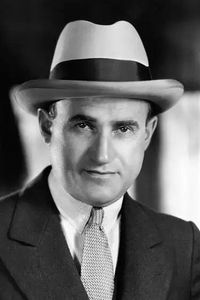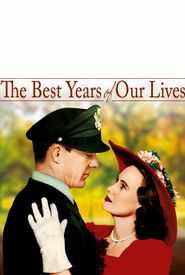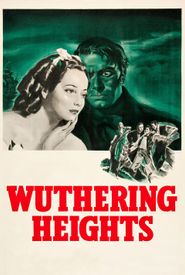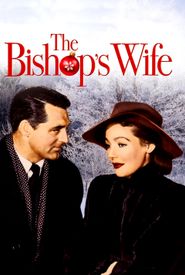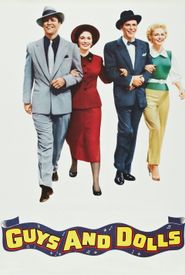Samuel Goldwyn, a renowned figure in Hollywood, rose to fame due to his unwavering ambition, fiery temper, and exceptional skill for publicity. Despite his relentless drive, his partners often found it difficult to tolerate him, leading him to become a leading "independent" producer.
Born Shmuel Gelbfisz, likely in 1879, in the Jewish quarter of Warsaw, Poland, Goldwyn was the eldest of six children to a struggling used-furniture dealer. In 1895, he made his way to England, where relatives Anglicized his name to Samuel Goldfish.
After securing a ticket in steerage across the Atlantic, Goldwyn reached the United States, possibly via Canada, in 1898. He settled in Gloversville, New York, which was the capital of the US leather glove industry at the time, and became one of the country's most successful glove salesmen.
Goldwyn's entrepreneurial spirit soon led him to relocate to Manhattan, where he married the sister of Jesse L. Lasky, a theatrical producer. This union convinced Lasky and Cecil B. DeMille to venture into film production, and their company's first feature film, The Squaw Man (1914),was one of the first major productions made in Hollywood.
As his marriage began to falter, Goldwyn dissolved his partnership with Lasky. He then founded the Goldwyn Co. in 1916, naming it after himself and his partners, brothers Edgar Selwyn and Archibald Selwyn. The company's stars included Mabel Normand, Madge Kennedy, and Will Rogers, and its most enduring legacy was its "Leo the Lion" trademark, which was later adopted by Metro-Goldwyn-Mayer (MGM).
Goldwyn was eventually ousted from his own company before the merger, which is why his name became part of MGM despite having no involvement with the company. After his departure, Goldwyn went on to produce films independently, running his own mini-studio that specialized in expensive "quality" films. He distributed these films initially through United Artists and later through RKO.
Goldwyn's contract actors at various times included Vilma Bánky, Ronald Colman, Eddie Cantor, Gary Cooper, David Niven, and Danny Kaye. In some cases, he collected substantial fees for "lending" his stars to other producers.
Touted by publicists for his "Goldwyn touch" and reviled by many of his employees for his habit of ordering films recast, rewritten, and recut, Goldwyn is best remembered for his collaborations with director William Wyler and cinematographer Gregg Toland.
